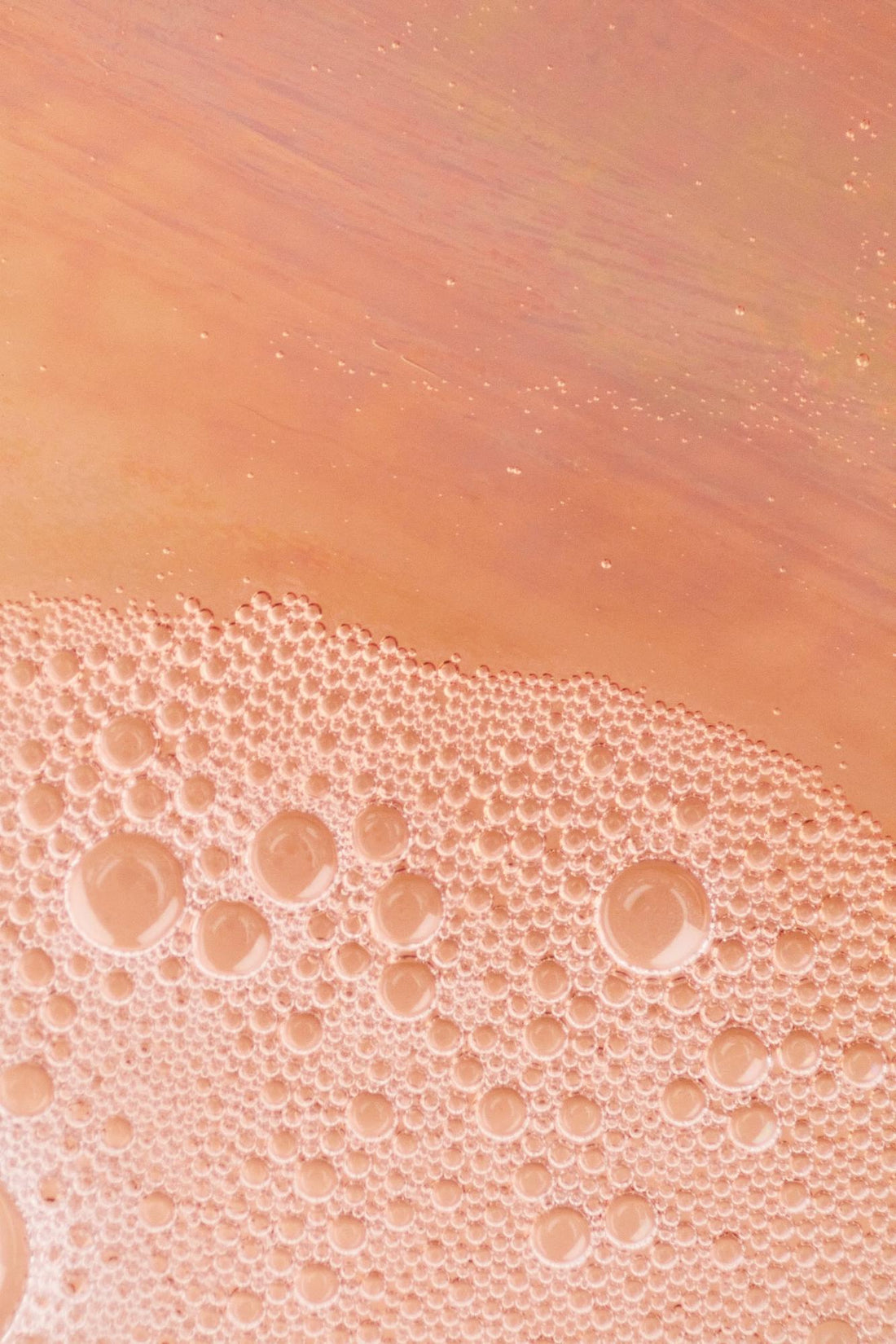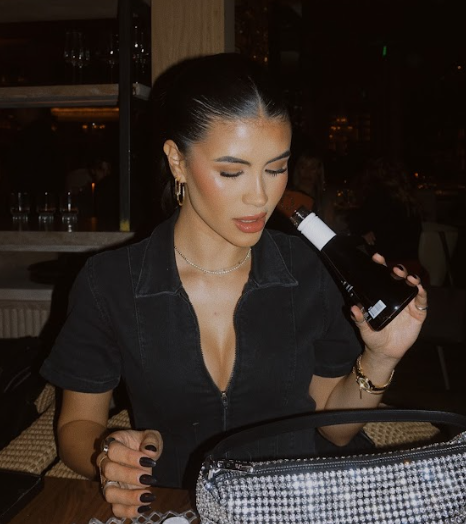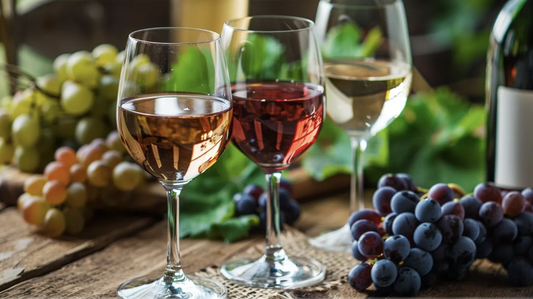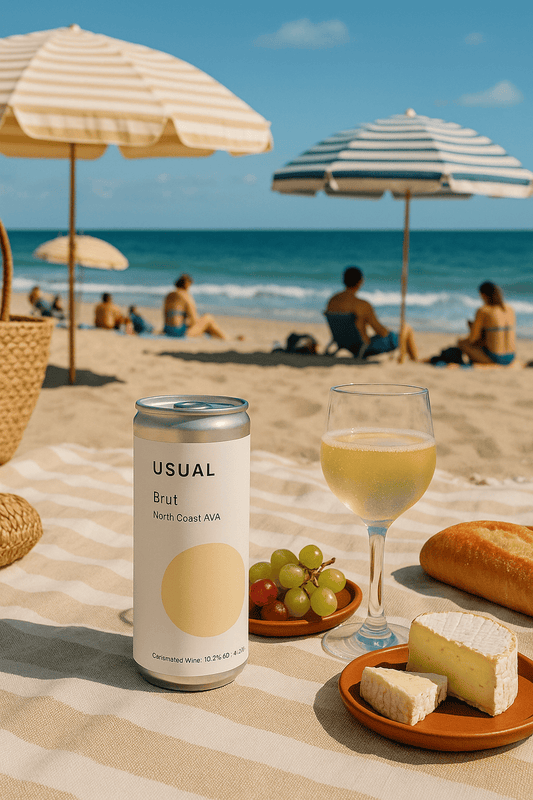
Does Wine Go Bad? Tips for Keeping Wine Opened & Unopened
McKenzie HaganNo matter how much you love wine, you can't always finish a bottle in one sitting. This leads to the question, does wine go bad? And what do you do with that leftover wine? Do you just put it in the fridge and hope for the best? How long do you have before that bottle goes down the drain?
There isn't a one-size-fits-all solution, but there are some things you can do depending on the type of wine you're talking about. In this guide, we're getting to the bottom of your most burning questions, including "does wine expire?"
We'll also explain what "going bad" means, ways to prevent it, and how long you can keep an unopened bottle of wine even after its expiration date. (Yes, it’s true!)
Why Does Wine Expire and How Can You Tell It's Gone Bad?
As with most food and drink, wine will expire at some point or another. And the reason is oxygen.
It's a well-known fact among wine enthusiasts that light, heat, and vibrations are additional factors that can lead to wine spoilage. Too much exposure to light can break down the complex flavors and aromas in wine. Similarly, excessive heat can cause wine to 'cook,' leading to a flat taste and aroma. Vibrations, on the other hand, can disturb the sediments in the wine, affecting its clarity and taste. To prevent these, ensure your wine is stored in a dark, cool, and stable environment.
It's true that plenty of oxygen is needed during the fermentation process of winemaking — it's how the yeast turns sugar into alcohol. But once that process is complete, you want to avoid exposure to oxygen as much as possible.
Too much oxidation will turn the wine into a vinegary liquid. When you open a bottle of wine, bacteria begin to break down the alcohol. Over time, it converts the alcohol into acetic acid and acetaldehyde. These chemical compounds are responsible for vinegar's odor and sharp, acidic, and sour taste. Alcohol can also oxidize, causing the wine to lose its freshness and flavor, and creating a taste similar to bruised fruit.
Another reason that wine goes bad is because of cork taint. This only happens with wine bottles that are sealed with natural cork. Most cork taint happens because of a chemical compound known as TCA that eats away at the cork. The result is a ruined bottle of wine that gives off a musty smell similar to a wet dog or damp, moldy basement. (We're guessing that's not exactly what you were going for.)
The best way to determine if wine has gone bad is to smell it and taste it (if you dare). If the aroma is off or it tastes weird or the color looks brown, then trust your senses and let it go. Bad wine won't kill you, but it's definitely a buzzkill that'll ruin the drinking experience.
How Long Does Opened Wine Last?

There's no single answer for how long an opened bottle will last before going bad. Even experts vary a bit on how long wine lasts once the bottle is open. But there are some general guidelines that can help you determine when it's OK to keep pouring and when it's time to chuck it. Lean on your senses and keep these suggestions in mind.
Did you know that the size of the wine bottle can also influence how long the wine lasts after opening? Small wine bottles have less air exposure, which slows down the oxidation process.
Sparkling Wine: 1-2 Days
Pop, fizz, flat! If you've ever popped open a bottle of sparkling wine, you may have noticed that the carbonation dwindles pretty quickly after opening. That said, not all sparklers are created equal.
Sparkling wine made in the classic method (think Champagne or Cava) will have a longer shelf life thanks to the presence of more bubbles at the time of bottling. (This wine could last three days if you refrigerate it and use a sparkling wine stopper.) On the other hand, sparkling wine produced in the tank method (like Prosecco) will start to fizzle out faster.
Full-Bodied White Wine: 3-5 Days
Full-bodied white wines such as oaked Chardonnay, Muscat, and White Rioja generally oxidize more quickly than lighter whites. Why? Because these rich and complex wines are exposed to more oxygen during the aging process before bottling. It's best to store full-bodied whites with a vacuum-sealed cork in the fridge.
Light White and Rosé Wine: 3-5 Days
The beauty of light white and rosé wines isn't just in their soft hues and refreshing taste — it's in their ability to last a while after you open the bottle. When stored in the fridge and properly sealed, these vinos can last up to a week. However, there will still be some palpable changes with the wine's flavor and crispness once it begins to oxidize.
Red Wine: 3-5 Days
When it comes to red wine, the more tannins and acidity it has, the longer it's likely to last. For example, a rich Cabernet Sauvignon or Syrah will last longer than a Pinot Noir once opened. (In fact, some red wines taste better after they've had time to oxidize and breathe for a day.) Make sure to refrigerate open red wines — contrary to what some might say, leaving them on the counter at room temp is not a good idea.
Fortified Wine: 28+ Days
Thanks to the addition of distilled spirits, fortified wines like Port, Marsala, and Sherry will last longer than any other wines after you open them. Generally speaking, the sweeter the wine, the longer it will hold. As with other wines, store fortified wines in the fridge.
How Long Does Unopened Wine Last?
Compared to an open bottle of wine, an unopened bottle can last significantly longer. As in, years longer. The key is to store it properly (more on this in just a moment). Still, the wine is going to break down eventually, so read the label and don't wait too long.
Remember, though, that not all wines are designed to be aged. Some wines are made to be consumed young and will lose their freshness and appeal with time, even when unopened. Hence, don't always assume that older is better. It's always a good idea to do some research or ask the wine retailer about the wine's aging potential.
- Sparkling Wine: Unopened sparkling wine can last at least three years after the expiration date.
- White Wine: Whether full-bodied or light, white wine can last 1-2 years past the "best by" date.
- Rosé Wine: As with sparkling wine, rosé can last about three years unopened.
- Red Wine: These dark-colored wines can last 2-3 years beyond the expiration date.
- Fortified Wine: As close as you can get to a forever wine, fortified wines have already been preserved thanks to the addition of distilled spirits. High-quality Ports can last for decades. When properly stored, unopened Ports can last indefinitely.
Can I Prevent Wine Spoilage?

In a word, yes. You can't keep wine from deteriorating completely — it's just a natural part of a wine's life span. But here are a few things you can do to slow down the process.
Find a Cool, Dark Space
Whether it's red, white, rosé, or sparkling, keeping your wine bottles in a cool, dark place away from direct sunlight will decelerate the deterioration process. You don't need a wine cellar for proper wine storage, either. As long as you have a cupboard or other designated space that's cooler than room temperature and away from heat and light, your wine should be alright.
Use Bottle Stoppers
Also called wine stoppers, bottle stoppers are those ubiquitous accessories that you can find at just about any online or retail store that sells wine or kitchen tools. There are some pretty fancy ones on the market that have vacuum seals and pumps that can reduce oxidation.
If you don't have a proper stopper and need a quick DIY hack, use plastic wrap or foil around the bottle opening and fasten it tightly with a rubber band. It's not the most elegant solution, but it's still effective and certainly better than nothing!
Keep It Humid ... and Sideways
A humid environment is best to store wine bottles with a natural cork seal. Because cork is porous, it can easily dry out and shrink, thereby allowing air and bacteria into the bottle. And you know what that leads to — bad wine.
You can also help maintain the cork's moisture by storing your bottles of wine on their sides. Doing so lets the cork soak up some of the wine and keeps it intact. Some experts suggest storing bottles between 50-55 degrees with 70% humidity is ideal.
In addition to these storage techniques, it's also crucial to keep a consistent temperature. Fluctuations in temperature can cause the wine to expand and contract, potentially forcing the cork out and letting in air, or causing the wine to 'seep' past the cork. A stable, consistent temperature will help maintain the integrity of the wine for longer.
Does Wine Go Bad? Yes, But It Doesn't Have to Ruin a Good Time
As with practically anything that you eat or drink, most wine will eventually go bad. Oxygen is the biggest enemy for most wine, which means you'll want to enjoy it as soon possible after opening it. But that doesn't mean you have to gulp the entire bottle at once. With the right tools, storage practices, and a little wine knowledge, you can make that bottle last just a bit longer.
Lighter and sparkling wines have the shortest shelf life once opened, while fuller-bodied reds have a bit more staying power. (Not surprisingly, fortified wines are the strongest of the bunch.) Even better, if you don't open a wine bottle, it can last well past its expiration date. But we say, why wait? There's no time like the present to treat yourself to a delicious, drinkable experience. Cheers!
Finally, don't forget the value of a good sommelier or knowledgeable wine retailer. They can provide guidance on the best storage practices for specific wines, and even suggest wines based on your taste preferences and consumption habits. It's always helpful to have a human touch when it comes to enjoying wine to its fullest.








